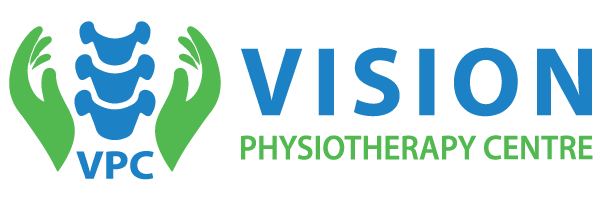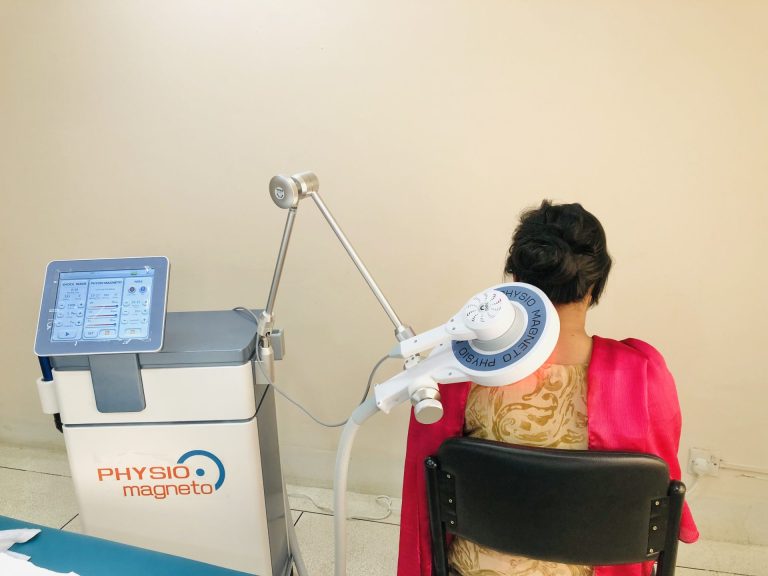Neck pain is a common ailment that affects millions of people worldwide. It can range from a mild inconvenience to a debilitating condition that hampers daily activities. Understanding the causes of neck pain is crucial for effective management and prevention. In this article, we will delve into the ten most common causes of neck pain, providing valuable insights and expert advice to help you address this discomfort. Whether you’re experiencing occasional twinges or chronic neck pain, this comprehensive guide will equip you with the knowledge you need to take control of your well-being.
10 Causes of Neck Pain
Cause 1: Poor Posture
One of the leading culprits behind neck pain is poor posture. Many of us spend long hours hunched over our desks, straining our necks and shoulders. Maintaining a slouched position for extended periods puts undue stress on the neck muscles, leading to stiffness, pain, and even headaches. To alleviate this issue, it’s essential to practice good posture by sitting up straight, keeping your shoulders relaxed, and adjusting your workstation ergonomics to promote a neutral spine alignment.
Cause 2: Muscle Strain
Muscle strain is another common cause of neck pain. It often occurs due to overuse, repetitive movements, or sudden excessive strain on the neck muscles. Activities like carrying heavy bags, participating in contact sports, or sleeping in an awkward position can all contribute to muscle strain. When the muscles in your neck become overstretched or torn, it results in discomfort and limited mobility. Applying ice or heat packs, gentle stretching exercises, and avoiding activities that exacerbate the pain can aid in the recovery process.
Cause 3: Herniated Discs
Herniated discs can be a significant source of neck pain. The discs act as cushions between the vertebrae in your spine, providing support and flexibility. When a disc becomes herniated, its inner core protrudes through the outer layer, putting pressure on nearby nerves. This compression can lead to localized neck pain, along with radiating pain, numbness, or tingling sensations in the arms and hands. Treatment options for herniated discs range from conservative measures such as physical therapy and medication to more invasive interventions like surgery in severe cases.
Cause 4: Degenerative Disc Disease
Degenerative disc disease is a condition that occurs with age and wear and tear on the spine. As we get older, the discs in our neck naturally lose their water content and become less flexible. This degeneration can lead to neck pain, stiffness, and reduced range of motion. While the process cannot be reversed, managing symptoms through physical therapy, pain medications, and lifestyle modifications can provide relief and slow down further deterioration.
Cause 5: Cervical Spondylosis
Cervical spondylosis refers to the degeneration of the joints and discs in the neck region. It commonly affects individuals over the age of 40 and can result in neck pain and stiffness. The gradual breakdown of the cervical spine’s structure can also lead to the formation of bone spurs, which further contribute to discomfort and restricted movement. Physical therapy, medications, and lifestyle changes can help manage the symptoms of cervical spondylosis and improve quality of life.
Cause 6: Whiplash
Whiplash is a neck injury that typically occurs due to a sudden and forceful back-and-forth motion of the neck. This injury is commonly associated with car accidents, sports-related collisions, or physical assaults. Whiplash can cause severe neck pain, stiffness, headaches, and other symptoms like dizziness or difficulty concentrating. Seeking prompt medical attention and following a comprehensive treatment plan, including rest, pain management techniques, and physical therapy, is crucial for recovery.
Cause 7: Stress and Tension
Stress and tension can manifest physically in the form of neck pain. When we are under significant emotional or mental stress, we tend to unconsciously tense our neck and shoulder muscles. This chronic muscle tension can lead to discomfort and pain in the neck area. Incorporating stress management techniques such as relaxation exercises, meditation, and engaging in activities that promote overall well-being can help alleviate neck pain associated with stress.
Cause 8: Osteoarthritis
Osteoarthritis is a degenerative joint disease that commonly affects the elderly population. It occurs when the cartilage that cushions the joints deteriorates over time, leading to inflammation, pain, and stiffness. While osteoarthritis more commonly affects weight-bearing joints like the knees and hips, it can also impact the neck joints. Treatment options for neck pain caused by osteoarthritis include pain medications, physical therapy, and lifestyle modifications like gentle exercises and weight management.
Cause 9: Fibromyalgia
Fibromyalgia is a chronic condition characterized by widespread musculoskeletal pain, fatigue, and tenderness. While the exact cause of fibromyalgia is unknown, it is believed to involve abnormalities in how the brain and spinal cord process pain signals. Neck pain is a common symptom experienced by individuals with fibromyalgia, often accompanied by other symptoms like headaches, sleep disturbances, and cognitive difficulties. A multidisciplinary approach combining medication, physical therapy, and lifestyle adjustments can help manage the symptoms of fibromyalgia.
Cause 10: Injuries and Trauma
Injuries and trauma, such as falls, sports-related accidents, or direct blows to the neck, can result in acute neck pain. Depending on the severity of the injury, symptoms can range from mild discomfort to intense pain, along with limited mobility. Seeking immediate medical attention is crucial when dealing with neck injuries to rule out fractures, sprains, or other severe complications. Treatment options may include pain management techniques, immobilization with braces or collars, and rehabilitation exercises to aid in recovery.
FAQs about Neck Pain
- Q: Can poor posture cause neck pain?
- A: Yes, poor posture is a common cause of neck pain. Slouching and straining the neck and shoulders can lead to muscle tension and discomfort.
- Q: How can I prevent neck pain from poor posture?
- A: Maintaining good posture, using ergonomic workstations, and taking regular breaks to stretch can help prevent neck pain caused by poor posture.
- Q: Is neck pain a sign of a serious condition?
- A: In some cases, neck pain can be a symptom of a serious underlying condition. If your neck pain is accompanied by other concerning symptoms, it’s important to seek medical attention.
- Q: What are some self-care measures for managing neck pain at home?
- A: Applying heat or cold packs, practicing gentle stretching exercises, and using over-the-counter pain medications can provide temporary relief for neck pain at home.
- Q: When should I seek medical help for my neck pain?
- A: You should seek medical help for your neck pain if it is severe, persistent, or accompanied by symptoms like numbness, weakness, or difficulty walking.
- Q: Can stress and anxiety contribute to neck pain?
- A: Yes, stress and anxiety can cause muscle tension and contribute to neck pain. Engaging in stress management techniques can help alleviate these symptoms.
Neck pain can significantly impact your daily life, but understanding its causes can empower you to take proactive measures in managing and preventing it.
Written by.
Dr. Saiful Islam, PT
BPTh (DU), MPTh (Orthopedics) – NIPS, India
PG Certificate in Acupuncture, India
Specially trained in Ozone Therapy, USA and Ozone Forum, India.
Physiotherapy Consultant, Vision Physiotherapy Center.
To consult: 01760-636324 , 01932-797229 (9:00 AM to 9:00 PM) and make an appointment.
Our Facebook page: Vision Physiotherapy Center




